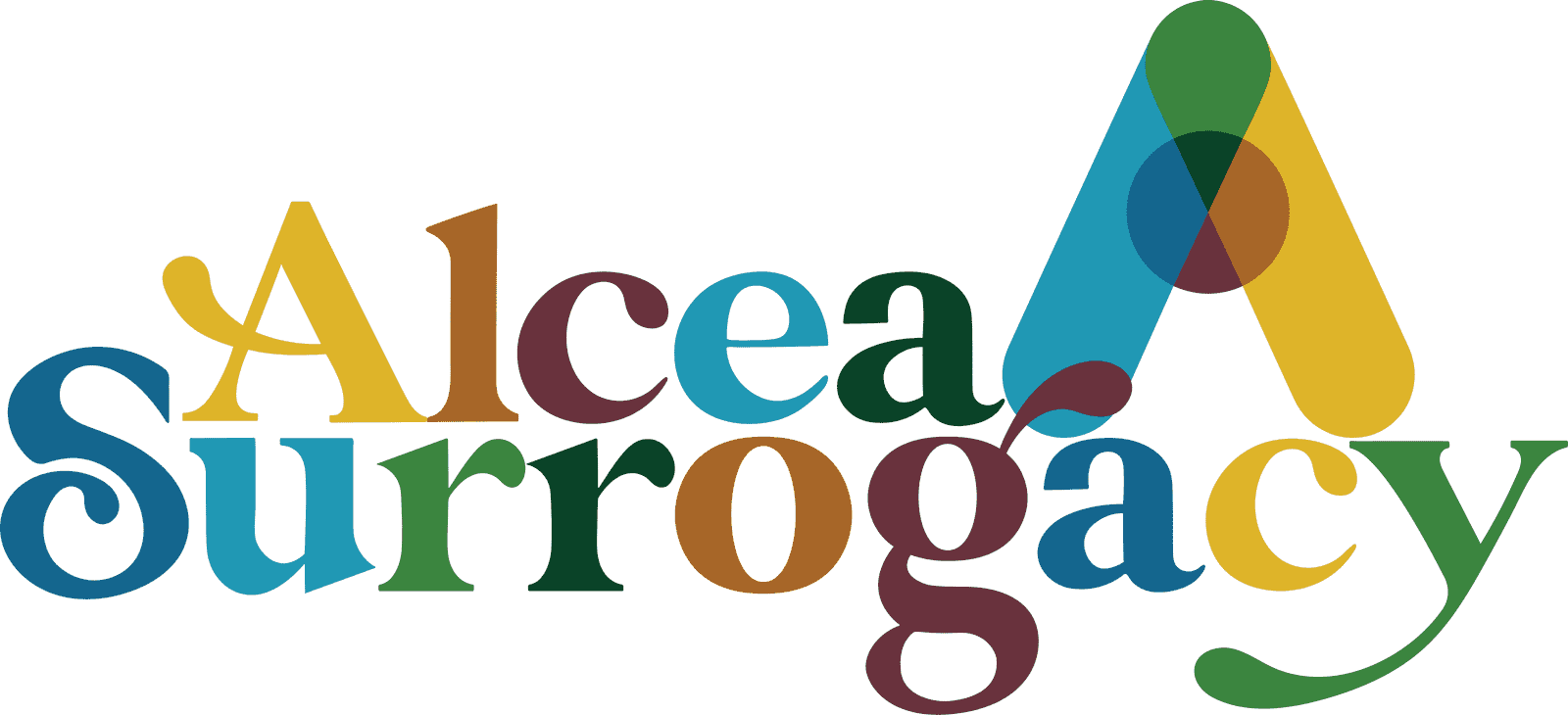Explaining the nature of intersectionality and how that pertains to modern-day feminism for WOC

An essay by Anastasia Rai
This is the fifth story in our Pass the Mic blog series featuring the voices of Black women who are part of the infertility community. Join us as we #passthemic, and please pass their stories on if you wish to share. Together, we can amplify these voices, vocalize and normalize infertility journeys in all communities and help bring people together.
“Intersectionality” or “the interconnected nature of social categorizations such as race, class, and gender as they apply to a given individual or group, regarded as creating overlapping and interdependent systems of discrimination or disadvantage” has been a hot topic for years regarding the place of women of color within the post-modern feminism movement.
For years, women of color have noted their lack of inclusion within the feminist movement (or as they’ve labeled it “white feminism”) as it has often primarily centered around the experiences white women have faced as opposed to the intersectional issues faced by their BIPOC counterparts. This has become a major issue for many non-white communities, as the modern world becomes more aware of the many issues women continue to face without regard to their related injustices. It is important to remember women of color not only face the discrimination that comes with being a woman, but also the intersectional prejudice regarding their race and everything that, in turn, encompasses. For the feminist movement to become an inclusive safe space for all women, the inherent intersectionality involved within that must be regarded as a top priority.
Now, to understand the frustrations women of color voice regarding “white feminism” one has to look into the history of the movement as a whole. In the early ’60s through ’70s, the feminist movement focused on the liberation of the “white suburban housewife” and the breakdown of those deeply ingrained gender roles had within society. The focus was on allowing (primarily white) women to have an identity separate from the household, highlighting the importance of their independence and reproductive rights.
This is the fifth story in our Pass the Mic blog series featuring the voices of Black women who are part of the infertility community. Join us as we #passthemic, and please pass their stories on if you wish to share. Together, we can amplify these voices, vocalize and normalize infertility journeys in all communities and help bring people together.
“Intersectionality” or “the interconnected nature of social categorizations such as race, class, and gender as they apply to a given individual or group, regarded as creating overlapping and interdependent systems of discrimination or disadvantage” has been a hot topic for years regarding the place of women of color within the post-modern feminism movement.
For years, women of color have noted their lack of inclusion within the feminist movement (or as they’ve labeled it “white feminism”) as it has often primarily centered around the experiences white women have faced as opposed to the intersectional issues faced by their BIPOC counterparts. This has become a major issue for many non-white communities, as the modern world becomes more aware of the many issues women continue to face without regard to their related injustices. It is important to remember women of color not only face the discrimination that comes with being a woman, but also the intersectional prejudice regarding their race and everything that, in turn, encompasses. For the feminist movement to become an inclusive safe space for all women, the inherent intersectionality involved within that must be regarded as a top priority.
Now, to understand the frustrations women of color voice regarding “white feminism” one has to look into the history of the movement as a whole. In the early ’60s through ’70s, the feminist movement focused on the liberation of the “white suburban housewife” and the breakdown of those deeply ingrained gender roles had within society. The focus was on allowing (primarily white) women to have an identity separate from the household, highlighting the importance of their independence and reproductive rights.

While the movement aided in attaining equal footing for all women, the narrative was more often than not a “white one” and the dismantling of intersectional issues WOC faced was seemingly secondary. As quoted by Kimberlé Crenshaw, an American law professor who coined the term (intersectionality) in 1989 explained Intersectional feminism, “All inequality is not created equal,” and that quote rings as true today as it did in the late 1980s.
As stated in the article “Intersectional feminism: what it means and why it matters right now” showcased on unwomen.org “An intersectional approach shows the way that people’s social identities can overlap, creating compounding experiences of discrimination” This is why being an “intersectional feminist” is important for all women when furthering their involvement within the feminist movement itself. Being an intersectional feminist as opposed to just coining the term “feminist” means focusing on the additional issues non-white women face within society in addition to general issues faced by “all women”, as quoted by Crenshaw herself “Intersectional feminism centers the voices of those experiencing overlapping, concurrent forms of oppression in order to understand the depths of the inequalities and the relationships among them in any given context.”
Most importantly, this includes not using the discrimination one faces by being a woman as a means of excluding themselves from privileges associated with being white, as no matter how many additional intersectionalities one faces discrimination against, the privilege associated by being white within society is always a heavily prevalent factor and should by no means be dismissed. In conclusion, always remember that the dialogue as a means of advancing black women’s rights should always remain at the center of the discussion.
As stated in the article “Intersectional feminism: what it means and why it matters right now” showcased on unwomen.org “An intersectional approach shows the way that people’s social identities can overlap, creating compounding experiences of discrimination” This is why being an “intersectional feminist” is important for all women when furthering their involvement within the feminist movement itself. Being an intersectional feminist as opposed to just coining the term “feminist” means focusing on the additional issues non-white women face within society in addition to general issues faced by “all women”, as quoted by Crenshaw herself “Intersectional feminism centers the voices of those experiencing overlapping, concurrent forms of oppression in order to understand the depths of the inequalities and the relationships among them in any given context.”
Most importantly, this includes not using the discrimination one faces by being a woman as a means of excluding themselves from privileges associated with being white, as no matter how many additional intersectionalities one faces discrimination against, the privilege associated by being white within society is always a heavily prevalent factor and should by no means be dismissed. In conclusion, always remember that the dialogue as a means of advancing black women’s rights should always remain at the center of the discussion.

